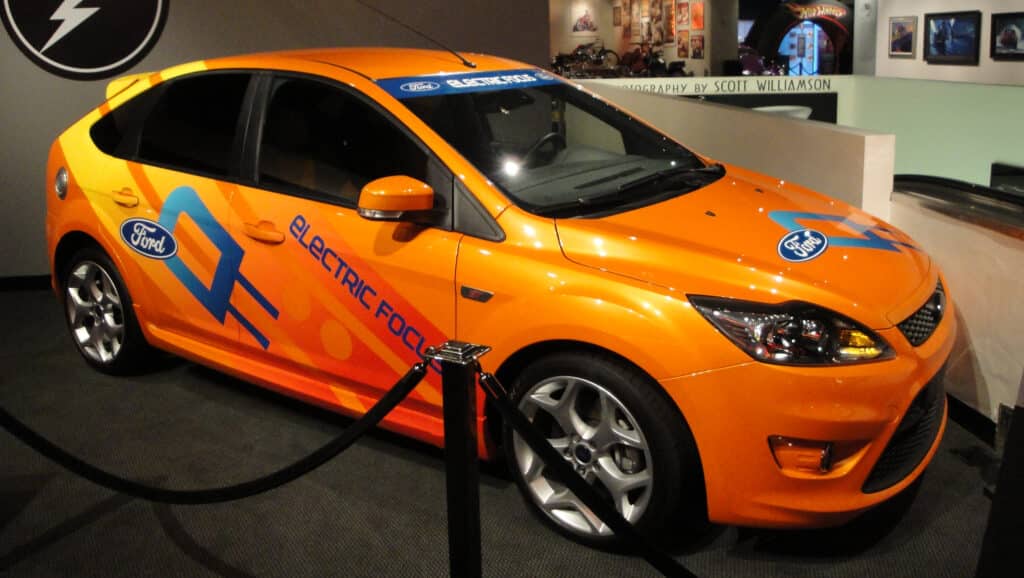
Is Taxpayer-Funded EV Tech Fading in Popularity?
The taxpayer-subsidized electric vehicle (EV) technology is apparently falling out of favor with the public.
This is according to a new study from the California-based J.D. Power Marketing company. The study blamed inflation and rising electricity rates for the decline.
“The growing EV marketplace has encountered rising electricity rates due in part to the recent U.S. inflationary period, resulting in lower satisfaction with home charging,” the study said.
EV users were also dissatisfied with slow charging speeds.
And then there is the latest news from the Ford Motor Company.
As The Associated Press (The AP) reported late last week, the Ford’s EV business lost $3 billion before taxes the past two years and will lose almost the same amount of money this year.
‘Company officials said the electric vehicle unit, called ‘Ford Model e,’ will be profitable before taxes by late 2026 with an 8% pretax profit margin,” The AP reported.
“But they wouldn’t say exactly when it’s expected to start making money.”
As RVIVR reported in February, mid-priced Internal Combustion Engine (ICE) vehicles are suddenly more economical to drive than EVs.
As RVIVR reported in October, President Joe Biden wants most federal vehicles to switch to electric by 2035. A report from the U.S. Government Accountability Office (GAO) warned, however, that this change could cost taxpayers extra.
The feds may also need more than 100,000 new ports to charge their EV’s. This is because the feds expect agencies will need one new charging port for every two acquired EV’s, according to the report. Federal agencies currently own and operate more 4,000 charging ports—based out of about 1,050 charging locations—in fewer than 500 cities.
IN THE NEWS: Asheville, North Carolina Dangerous After George Floyd
The San Francisco-based Pacific Gas and Electric Company (PG&E) officials recently announced they want to place EV chargers in less affluent neighborhoods. This, even though the average price of an EV in May of this year was $64,338, according to Kelly Blue Book. That’s well outside the price range for middle class folks.
Send story tips and other story suggestions to [email protected]



